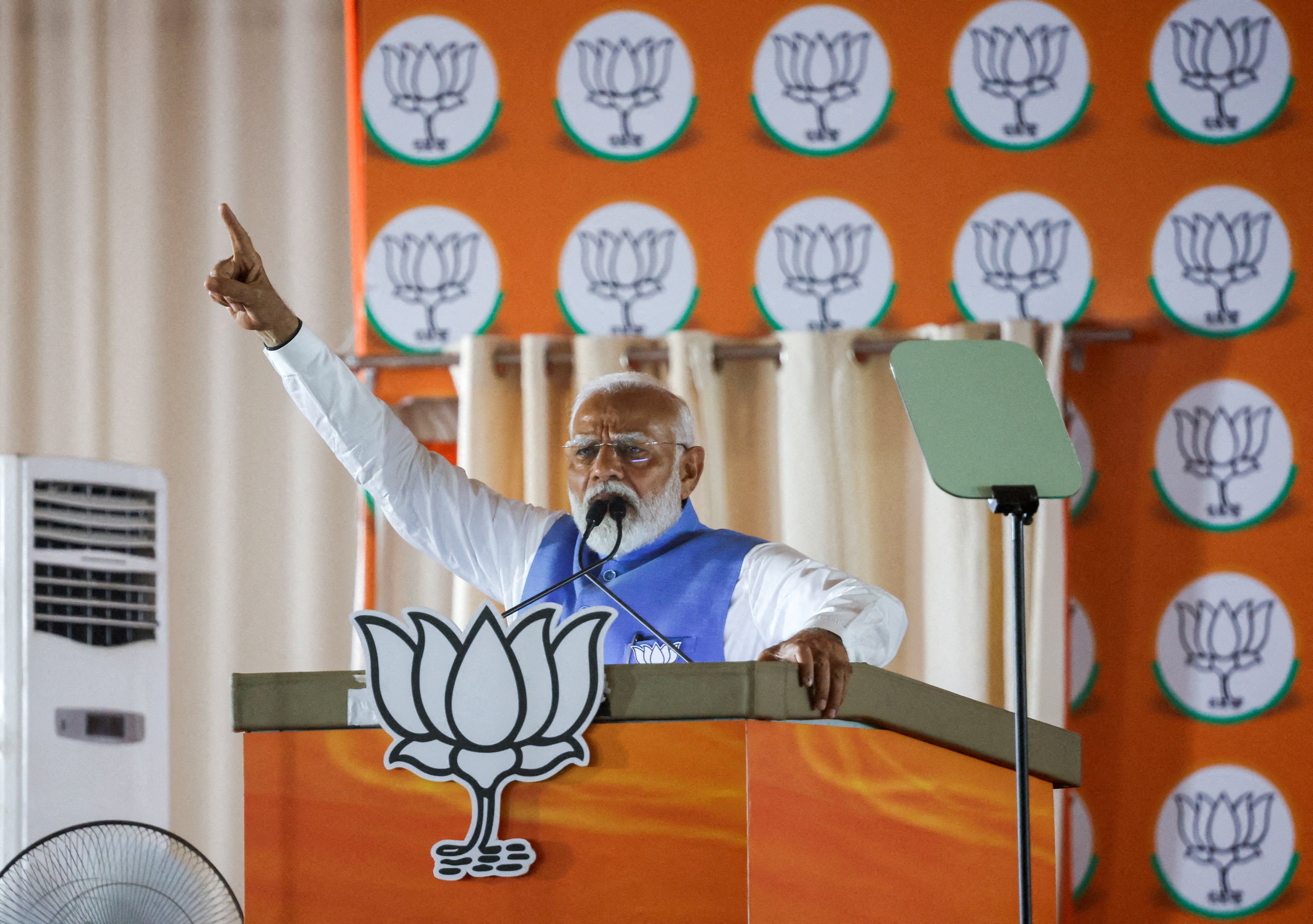Indian Prime Minister Narendra Modi is on track to narrowly win a third term in office, according to preliminary vote counts. Results show his Bharatiya Janata Party taking just 289 seats and the opposition winning 223, falling short of the expected landslide victory.
We’re likely to see Modi inaugurated within days, before jetting off to the G-7 meeting in Italy on June 13. Not a bad victory lap. For his return, he has laid out a “100-day” economic agenda that aims to put India on the path to becoming a developed country by 2047. That means building roads and railways, upgrading housing for low-income and middle-class citizens, updating labor laws, and concluding free trade agreements abroad, among many goals. With such a strong majority, the BJP will likely use a special “monsoon session” of parliament to get the ball rolling this summer.
Long-time India watchers will note the scant mentions in his campaign rhetoric of the Hindu-nationalist agenda that dominated much of Modi’s last two terms, and with good reason. Modi has largely fulfilled his promises to the ideologues, capping it off with opening the controversial Ram Temple in Ayodhya earlier this year. Now securely in power, Modi is looking to turn the volume down on cultural issues as he pursues economic development.
